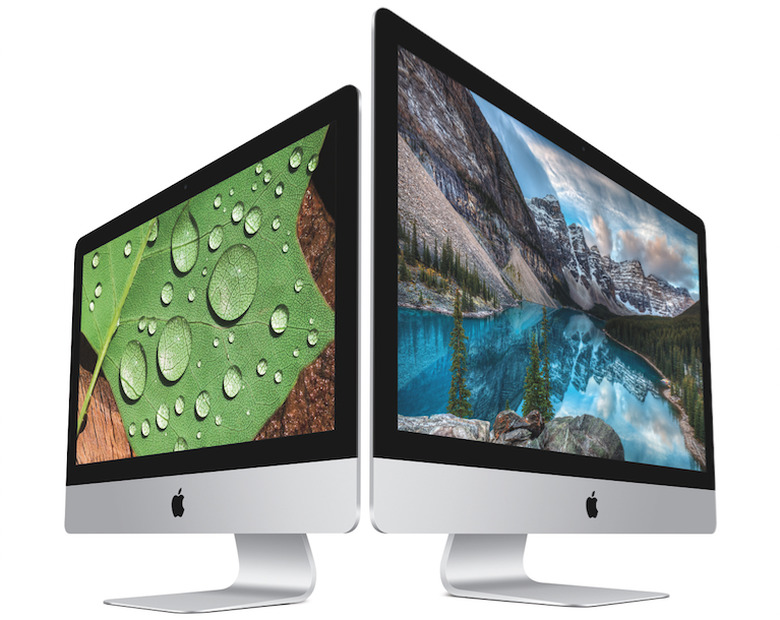We Really Wish Apple Would Start Paying More Attention To The Mac
Apple last quarter experienced its first year-over-year drop in revenue since 2003. Not only that, but Apple saw a sales decline across all major product lines: iPhone sales were down 18%, iPad sales were down 19% and Mac sales were down 9%.
With most analysts preoccupied with iPhone and iPad sales, it appears that the Mac continues to be overlooked. Which is strange given that the Mac these days is actually more profitable than the iPad. During Apple's most recent quarter, for example, the iPad generated $4.4 billion in revenue compared to the Mac which brought in $5.1 billion in revenue.
DON'T MISS: This is how I make my iPhone look so much better than yours
During a recent interview relayed by Macworld, Technology Business Research analyst Ezra Gotthell opined that Apple is making a big mistake by continuing to ignore its Mac lineup. Sure, we see updates here and there, but it's clear that Apple has been giving much more of a push to the iPad, a device which I strongly believe has never been a true PC replacement, despite Tim Cook's seemingly blind assertions to the contrary.
There's no indication that people are giving up their Macs to go to Windows, or that new entrants are choosing Windows or Chromebooks rather than Macs," said Ezra Gottheil, an analyst with Technology Business Research, in a Wednesday interview.
But the slide in Mac sales does show something, Gottheil argued. "The keeping-your-older-PC-longer problem caught up with Apple, too," he said, referring to, as analysts see it, the heart of the slump in personal computer shipments: Consumers are simply not upgrading to new systems at the rate they once did, either holding onto their machines for years longer or simply not bothering at all.
One factor to consider, Gottheil pointed out, was that machines with solid-state drives tend to last longer than older computers that shipped with more traditional hard drives. As a result, new Macs really need to up the ante from a feature prospective in order to compel users to upgrade.
And there, Apple has failed by largely ignoring the Mac—Gottheil cited the line's lack of innovation on both hardware and the OS X operating system—and confusing customers with overlap between models, particularly the MacBook and the MacBook Air.
He criticized Apple's refusal to add a touch-based screen to the Mac line, and the omission of the Siri digital assistant in OS X.
Even just a few years ago, I remember when new versions of OS X would jam pack all sorts of interesting and compelling new features. And sure, iOS is where all the money is at these days, but keep in mind that the Mac is not only more profitable than the iPad these days, it also is a much higher-product line. So while Apple has rolled out some nice improvements with the MacBook, it'd be nice to see Apple roll out some improvements to the entirety of the Mac line far more consistently. The iMac especially seems to be completely off of Apple's radar in recent years.
As it stands today, it feels far too often that the Mac is nothing more than an afterthought.
